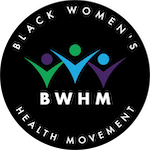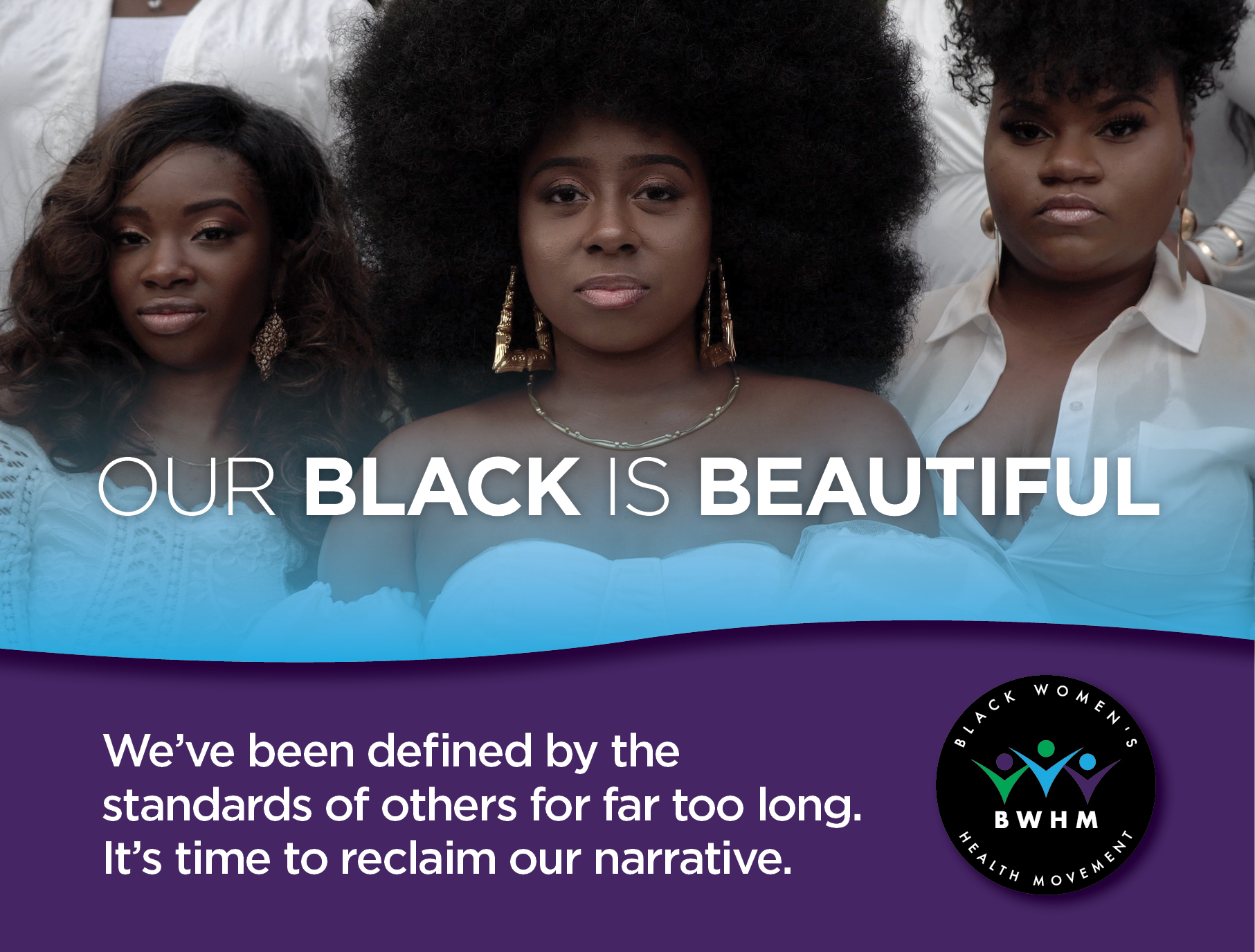Our Black is Beautiful
We’ve been defined by the standards of others for far too long. It’s time to reclaim our narrative.
Imagine dreaming to become a ballet dancer, but realizing it’s an impossible option because your butt or hips are “too big.” What if you were told your hair is “too coarse and thick”, your skin color is “too dark,” or your complexion did not pass “the paper bag” standard? These types of rejection are examples of unattainable beauty standards that many Black girls and women experience starting as early as their teen years if not earlier.
Having unattainable standards forced on us culturally may trigger unhealthy obsessions with our appearance — from our weight and body mass index (BMI) to our skin color. Those negative feelings may result in binging, purging, starvation, depression, and other maladaptive behaviors. Into adulthood, our relationship with food is often unhealthy and becomes forms of comfort or avoidance while exercise routines are far reaching.
Living Healthier for Us
As today’s body standards for women are changing, big boobs, hips and butts have become more acceptable. However, a health narrative is still difficult to reclaim. The BMI standards, based on a European origin, suggest most Black women are overweight even at their lowest weight. The CDC, using the BMI model, reports that Black women are overweight or even obese regardless of their socio-economic status or body type.
Pertaining to our wellbeing, we must consider one model does not fit all. These current examples suggest that Black women are unique, and the importance of having health care models that considers our collective social cultural uniqueness. Claiming our narrative requires our cultural awareness to achieve our wholistic health. That means accepting ourselves for who we are.
When we accept ourselves for who we are, we frame our own standards, and therefore, live healthier lives. Despite the standards set for us, we must know that we are beautiful and are of high value. Furthermore, we must remind our selves of our beauty everyday.
We must take care of ourselves the way we take care of our loved ones. Black women are typically the primary caretakers of our families, which often means we are the last and least cared for. The pandemic has further exacerbated those issues. Combined with existing income and health disparities, poor eating and lack of exercise issues are worsened. Taking care of ourselves should be in the forefront of our minds.
Putting everyone before ourselves is something we’ve done for generations. It’s a historical behavior that most of us recognize and even understand that it’s not in our best interest. But, together, we can help make some lasting social cultural changes.
It is critical that we, as Black women, begin to:
- Understand how historical issues influence how we see ourselves.
- Use self-love and self-care rituals to reverse negative conditioning.
- Find safe spaces that encourage our self-care.
- Prioritize our mental, physical, economic and community health needs.
To live our best and healthiest lives for ourselves and others, we must recognize that our health is vital — which includes embracing our hopes and dreams. If you want to dance, then dance. Our beauty and priority should only be defined and determined by US.
Find Your Community of Black Women
BWHM is here to help you do that. If you haven’t joined us yet, sign up. It’s free, and you’ll get full access to join a healthy and supportive community of women who understand your struggles and will celebrate your successes with you. We’re here to help you live better and healthier. Join now.


